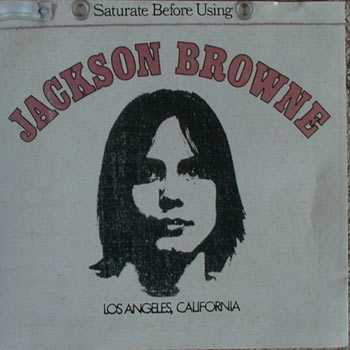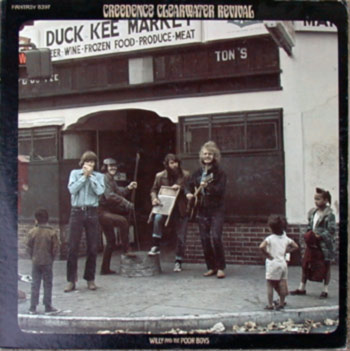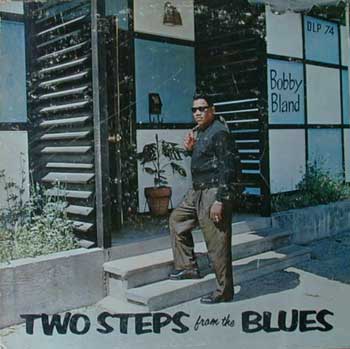
When I returned from Vietnam years ago, I was uncertain what I wanted to do with myself. I spent two or three months at my parents’ home trying to sort my life out, usually late at night thinking about what had happened, what it meant, and what the hell to do about it.
Finally, with my savings running out, I had to decide how to get on with my life. Though offered training as a banker, I felt I needed to do something more for society to be happy. Learning there were openings for caseworkers, I took the written tests and scored high enough to be hired, even though I had a degree in English, not psychology.
Truthfully, though, I was totally unprepared for what awaited me on the job, as unprepared as I was for what I had seen in Vietnam. As an old-age-assistance caseworker I learned where Americans discarded their elderly. My middle-class upbringing had not prepared me for the hidden poverty and misery that hid in the very neighborhoods where I had been raised. America does a good job of hiding the poor that live among us.
When I started dating a child welfare worker, I was even more shocked. I had no idea of the extent of child neglect and child abuse that existed, no idea how common incest was. Yet, I had gone to school with these very children, unaware of the living hell that many of them existed in.
I had such a hard time dealing with these new insights that I gradually began to sink into a state of depression, probably accelerated by occasional drinking bouts as a way of getting happy and finding some temporary relief from the pain I was increasingly feeling.
I increasingly began to feel that the welfare system was more punitive than redemptive. I felt bad every time I had to ask an aged client whether they had received any cash gifts for Christmas or their birthday, because, if they had, the gifts had to be deducted from their next welfare payments. I increasingly began to feel that the system was putting band-aids on sucking chest wounds, that I was as much a victim of the system as my clients were, and that if I didn’t escape soon I wouldn’t make it.
By some form of faulty reasoning, and perhaps a great leap of faith, I decided the best way to solve these problem was to catch them before they ever got into the system. I decided I needed to become a teacher if I really wanted to make a difference in people’s life. Thank God the young are naive, or nothing would ever be done about society’s problems.
After a few years of teaching high school, it was obvious that saving the world was going to be slow work. Some people apparently didn’t want to be saved and were quite happy wasting this opportunity to improve themselves no matter how much you tried to help them. Even worse, spending the day trapped inside a room with students who didn’t want to learn could be excruciatingly painful.
About this time I discovered Jackson Browne’s:
Doctor My Eyes
Doctor, my eyes have seen the years
And the slow parade of fears without crying
Now I want to understand.
I have done all that I could
To see the evil and the good without hiding.
You must help me if you can.
Doctor, my eyes.
Tell me what is wrong.
Was I unwise to leave them open for so long?
As I have wandered through this world
And as each moment has unfurled
I’ve been waiting to awaken from these dreams.
People go just where there will.
I never noticed them until I got this feeling
That it’s later than it seems.
Doctor, my eyes.
Tell me what you see.
I hear their cries.
Just say if it’s too late for me.
Doctor, my eyes
Cannot see the sky.
Is this the price for having learned how not to cry?
Now, the song didn’t actually transform my life or make teaching any easier, but it was comforting to realize that someone else felt the same way I did. Perhaps it even helped me put some distance between my situation and myself. At best, it could even alert the world to all the tragedy that was commonly overlooked.
Eventually I learned to take time for my children and myself, learned that you have to be happy if you are going to have enough energy to help others, and, perhaps most importantly, learned that you can only help improve the world one person at a time.
And, sadly enough, no matter how much you want to help someone, at times there is nothing you can do but let that person work out his or her own destiny.
Sometimes you even have to learn to look away so that you still have tears left to cry and so you can still see the sky.


